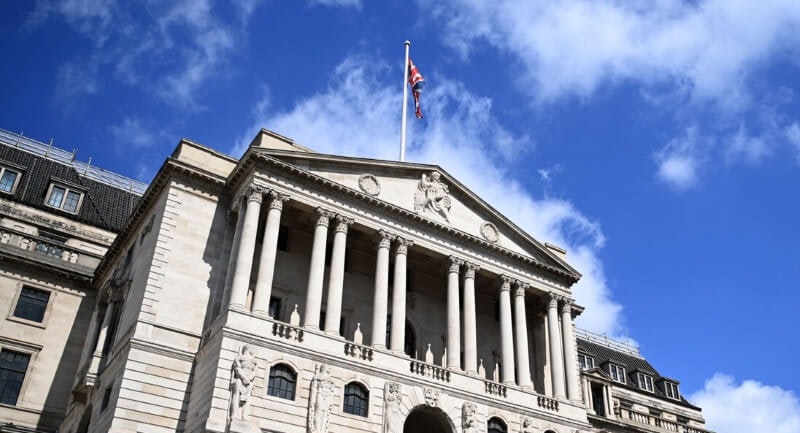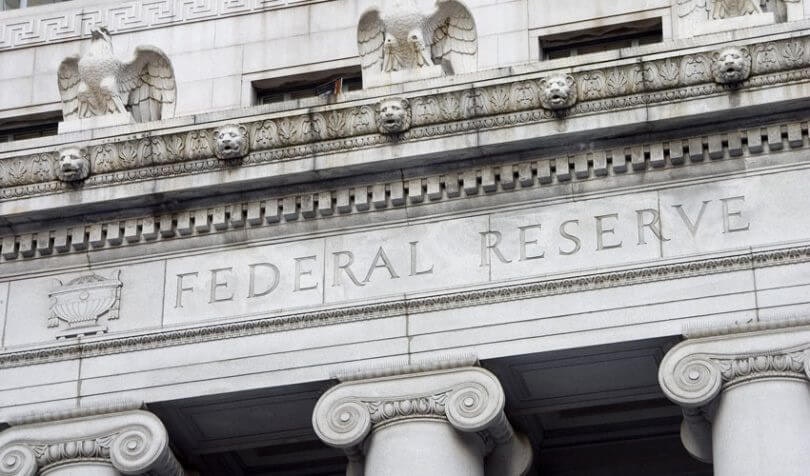Nick Goold
Central bank independence is the degree to which a central bank can make monetary policy decisions without government interference or other external forces.
The primary goal of central bank independence is to promote economic stability and prevent inflation, which can negatively affect the economy. Independence is achieved through several measures, including legal protections for central bank decision-making, transparent communication of policy decisions, and appointing central bank governors based on merit rather than political affiliation.
Central bank independence is important because it allows it to make decisions based on economic data and analysis rather than political considerations or short-term goals.
Among the key objectives of independence are:
Promoting economic stability
Central banks are responsible for implementing monetary policy, which involves controlling the money supply, setting interest rates, and managing inflation. An independent central bank is better equipped to make decisions that are in the long-term interest of the economy, as it can make decisions based on economic data and analysis rather than political considerations.
Avoiding political pressure
An independent central bank is less susceptible to short-term political pressure or influence, as it is not beholden to the government or political parties. Independence allows the central bank to make decisions that may be politically unpopular in the short term but necessary for long-term economic stability.
Increasing investor confidence
An independent central bank can help build investor confidence in the economy by committing to stable and predictable economic policies. Stable policies can attract foreign investment, which is crucial for economic growth.
Maintaining credibility
Central banks rely on the trust and credibility established with the public and financial markets to implement monetary policy effectively. An independent central bank can better maintain this credibility, as it is not subject to political influence or interference.

Improving transparency
Independent central banks are often required to provide greater transparency and accountability in their decision-making processes. Transparency can increase public trust and understanding of monetary policy decisions, promoting economic stability.
Countries With Independent Central Banks
Many countries around the world have independent central banks. However, this independence is usually not absolute, and central banks must still be accountable to the public and their respective governments.
United States
The Federal Reserve is an independent central bank. However, the Fed is still accountable to Congress and must report its activities to lawmakers. Additionally, the President appoints the Fed's board of governors, although they serve staggered, 14-year terms to prevent political influence.
EU
The European Central Bank (ECB) is widely considered to be one of the most independent central banks in the world. Its independence is enshrined in the Maastricht Treaty, which established the ECB and laid out its mandate.
The ECB's independence is ensured in several ways:
The ECB's governing council comprises members appointed for eight-year terms and prohibited from seeking or taking instructions from any external body, including national governments.
The ECB is required to pursue price stability as its primary objective, which means that short-term political considerations cannot sway it.
Its income funds the ECB and is not subject to the annual budget process or political pressure.
In practice, the ECB has demonstrated high independence since its inception in 1998. It has consistently pursued its price stability mandate, despite significant economic and political challenges, such as the global financial crisis and the European debt crisis. However, some critics argue that the ECB's policies have had significant distributional consequences and that the bank could benefit from greater transparency and democratic accountability.

United Kingdom
The Bank of England is an independent central bank, but it is accountable to Parliament through regular reports and testimony from the governor. Additionally, the Chancellor of the Exchequer has the power to give the Bank guidance on monetary policy.
Japan
The Bank of Japan is an independent central bank, but its decisions are subject to review by the government. Additionally, the Prime Minister can nominate the bank's governor and deputy governors.
Australia, Canada, Switzerland, and many other countries are recognized as having independent central banks, though the degree of independence is variable. It is important to note that central bank independence exists on a spectrum, and the degree of independence can vary even within a single country.
Here are some examples of countries where the central bank is perceived as being under government control or influence:
China - People's Bank of China (PBOC)
Iran - Central Bank of the Islamic Republic of Iran (CBI)
Venezuela - Central Bank of Venezuela (BCV)
Zimbabwe - Reserve Bank of Zimbabwe (RBZ)
North Korea - Central Bank of the Democratic People's Republic of Korea (CB)

Performance
Countries with high levels of central bank independence have generally experienced lower inflation rates and greater economic stability. However, there is some debate among economists about the degree to which central bank independence is the sole factor responsible for these outcomes.
In recent years, there have been concerns about the erosion of central bank independence in some countries, particularly in emerging markets. This trend has led to debates about the appropriate balance between central bank independence and government oversight.
Announcements
With such levels of independence, the importance of what central banks announce to the public is very high. Therefore, all FX traders must understand which central banks have complete independence and who the governors and key decision-makers are.
The head of a central bank can significantly impact a country's currency when making announcements or when there are indications of an impending replacement. Here are a few ways this can play out:
Interest rate decisions
Central banks are responsible for setting interest rates, which can affect the value of a country's currency. If the head of the central bank announces or hints at a change in interest rates, it can cause fluctuations in the currency's value.
Economic outlook or forward guidance
The head of the central bank is also responsible for assessing the state of the economy and providing guidance on economic policy. If the head of the central bank gives an optimistic outlook, it can boost confidence in the currency and increase its value. Conversely, a pessimistic view can lead to a decrease in the currency's value.
Perception of independence
If there are indications that the head of the central bank will be replaced, it can raise questions about the bank's independence. In addition, investors may worry that a new head will be more politically influenced, which can decrease the currency's value.
Political stability
A change in the head of the central bank can also be seen as a sign of political instability, which can harm a country's currency. Investors may worry about the potential for policy changes or disruptions, which can decrease the currency's value.
Overall, it's essential for FX traders to stay informed about central bank announcements and to have a good understanding of how these announcements can impact currency values.

